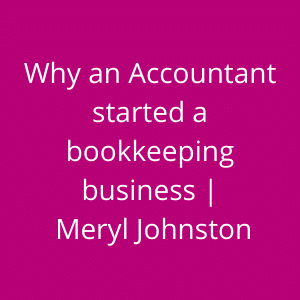Ensuring you have a steady access to cash in the business is critical for the long term survival of the business. Small business owners are time poor, and with what time they have they focus it on their generating income. Finding the time to look at their numbers can be a balancing act between non income generating and income generating activities. Here are five practical tips you can adopt in your own business to avoid cash mismanagement pitfalls.
- You need accurate, timely and readily available financial data to assist you in making business decisions. This is achieved through implementing a good accounting system and setting aside regular time to review the financial information. This may include outsourcing bookkeeping and accounting duties, however it is critical to remember, that as the business owner or director you are unable to abdicate responsibilities for your financial situation; your accountant still gets you to sign off on the accuracy of your accounts. Someone else can do the grunt work, but you still need to be looking at accurate and timely data.
- Prepare a cash flow forecast, an analysis of cash coming in and cash going out of the business, on a regular basis, so you can identify potential problems before they occur, and are in an informed position to proactively deal with them.
- Don’t mistake GST Collected as business money; unfortunately GST never was and never is the businesses money. An easy solution is to set up a parallel bank account, and syphon the GST Collected into it, so you are not tempted to use it. When it comes time to pay the BAS will be prepared for the cash obligation. Many banks will offer this sort of bank account free with your business banking package. The same can be done with Superannuation and PAYG Withholding liabilities.
- When it comes to spending money, I have seen new business owners maintain spending habits they developed when they had a corporate job, and someone else was footing the bill, or they justify their spending as a tax deduction, and rationalise that it only costs half what they are paying for it. Be thrifty, and budget for business spending.
- Focus on actively collecting outstanding accounts receivables. Ensure you have a thorough process in place to make sure invoices are paid in a timely manner.
- Remind your customers if they want local shops to stay local, they need to shop at and support your local business!
If however you do find yourself experiencing cash flow issues, review your business processes and actively communicate with the Australian Taxation Office, your bank, and your accountant to understand the options available to you, and the solutions that can be implemented.





